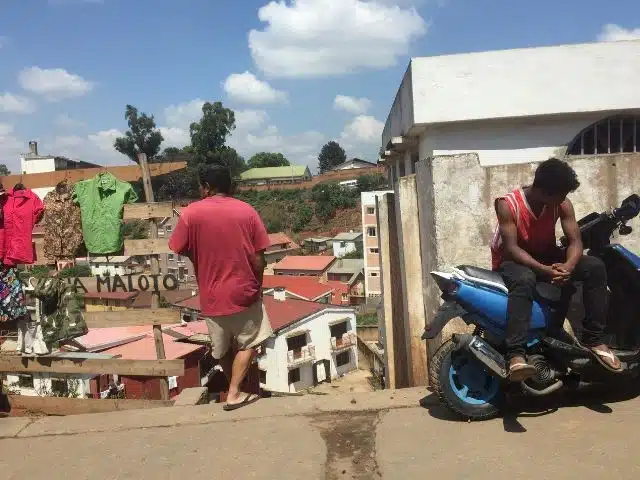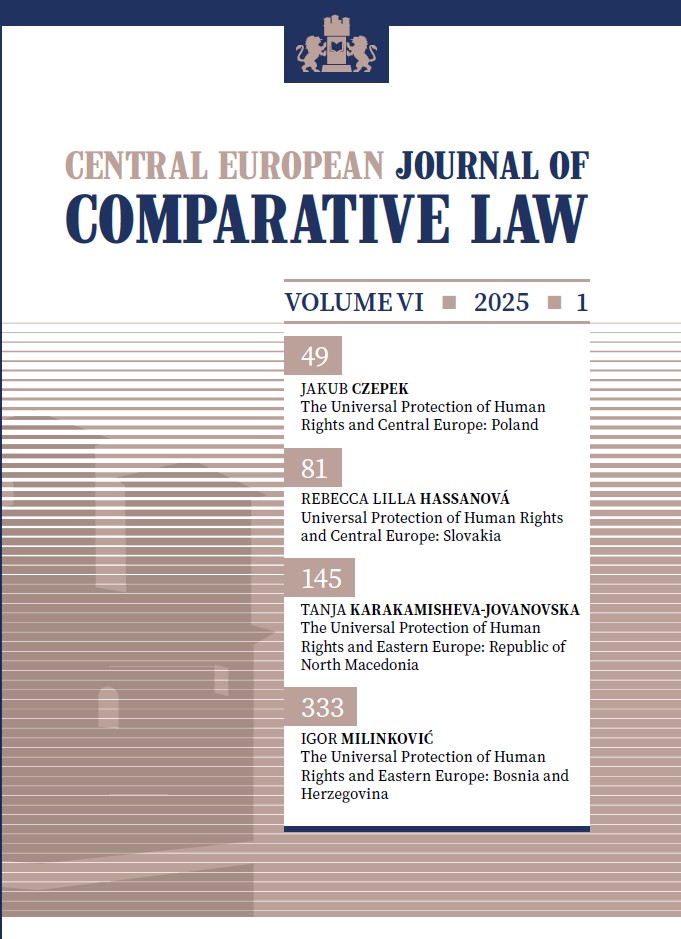Central European Academy
The Central European Academy (CEA) was established on 1 January 2022 with its seat in Budapest as a separate legal entity of the University of Miskolc, which has a long tradition originating from Selmecbánya (now Banská Štiavnica). The CEA provides an institutional framework for strengthening international scientific cooperation between the countries of the Central European region by attracting renowned senior scholars and talented junior researchers in line with the demands of today's challenges. In the performance of its public tasks as defined by the Hungarian state, the CEA has established an interdisciplinary network of experts researching the legal systems of Central Europe and beyond, called the Central European Professors' Network. By publishing its results in open access, organising lectures and international conferences, and establishing LLM and PhD scholarships, it aims to make the Central European legal tradition and jurisprudential achievements, which are an integral part of European values, as widely known as possible in Europe and beyond. The CEA primarily practices its academic engagement through its own international publishing house, known as the Central European Academic Publishing. To achieve these goals, the Central European Academy also cooperates with experts and institutions from other Western European countries, as well as EU candidate countries, and its research also covers other areas of law-related disciplines. Thanks to its dynamic and ambitious management, the CEA constantly expands its international network of contacts, with a particular focus on helping experts and researchers from the EU candidate countries to make the Central European values more visible and to effectively preserve their constitutional identity throughout the integration process.
Current events
We regularly organise high-profile professional events with renowned professors and researchers in CEA's research areas.
PHSF Foreign Instruments
The aim of the conference is to discuss foreign documents and foreign court decisions.
Professors' Network
Each year, the Professors' Network launches research groups that focus on legal and social science issues from a Central European perspective. These projects address some of the most pressing challenges faced by the nations and scientific communities of the region. Its researchers highlight the specificities of Central Europe in an authentic way, while also drawing on the expertise of experts from other countries and regions.
The members of the Professors’ Network communicate their results through books, studies, academic conferences and a range of events open to the public.
The CEA Professors’ Network has been gathering 185 professors and researchers from 53 universities in 15 countries since 2021.
CEA Publishing
The CEA Publishing's high quality open access, English-language books and journals foster dialogue among the scientific communities of Central Europe and help make their research results widely known outside the region.
Never stop learning!
Junior Programme
Our Junior Programme is an excellent opportunity for young lawyers graduating in Central Europe to gain academic and practical experience leading to a PhD degree in a diverse, collaborative English-language environment, while also forging a vibrant academic community.
Through research in the field of comparative law, junior researchers gain insight into international academic and publication processes.
The programme also provides opportunities for professional networking, personal development, and participation in alumni initiatives.
Never stop learning!
LLM Scholarship
The aim of the scholarship is to enable professionals to deepen their knowledge in a specific field of law within the framework of certain LLM courses offered by the University of Miskolc and to promote the professional specialisation of those who choose to become lawyers.
Have a question?
Get in touch with us!
Our staff will endeavour to reply as quickly as possible.
Blog posts

- Uncategorized
Dynamics of tax law: drivers of legislative change and a case study from Slovakia
The functioning of law in society is generally characterised by a constant internal struggle between the desired stability of law […]

- Uncategorized
Migration crisis in Europe – is there a need for a new Eurocrime?
The ongoing migration crisis in Europe since at least 2015 continues to raise questions about qualitative measures to prevent illegal […]

- Uncategorized
Cooperation of national financial intelligence units from the European Union in the exchange of information on money laundering crimes related to migration crimes
The crime of money laundering is a problem on an international scale, so efforts to combat it should be global. […]

- Uncategorized
Equal under the Rule of Law: Virtues and weaknesses of the Rule of Law Mechanism
The integrative and equalising role of the principle of the rule of law The diversity of issues raised by the […]

- Blog
Ultra Vires Review and Church Autonomy: The German Constitutional Court’s Response to the CJEU in the Egenberger Case
I. The CJEU’s Egenberger Ruling at a Glance On 17 April 2018, the CJEU rendered a judgment in Case C‑414/16, […]

- Blog
Factum Valet Quod Fieri Non Debuit: The Legal Quagmire of Church Property Restitution in Romania
1. Contextualising the issue Factum valet quod fieri non debuit – an old Roman maxim meaning that what ought not […]

- Uncategorized
Dynamics of tax law: drivers of legislative change and a case study from Slovakia
The functioning of law in society is generally characterised by a constant internal struggle between the desired stability of law […]

- Uncategorized
Migration crisis in Europe – is there a need for a new Eurocrime?
The ongoing migration crisis in Europe since at least 2015 continues to raise questions about qualitative measures to prevent illegal […]

- Uncategorized
Cooperation of national financial intelligence units from the European Union in the exchange of information on money laundering crimes related to migration crimes
The crime of money laundering is a problem on an international scale, so efforts to combat it should be global. […]

- Uncategorized
Equal under the Rule of Law: Virtues and weaknesses of the Rule of Law Mechanism
The integrative and equalising role of the principle of the rule of law The diversity of issues raised by the […]

- Blog
Ultra Vires Review and Church Autonomy: The German Constitutional Court’s Response to the CJEU in the Egenberger Case
I. The CJEU’s Egenberger Ruling at a Glance On 17 April 2018, the CJEU rendered a judgment in Case C‑414/16, […]

- Blog
Factum Valet Quod Fieri Non Debuit: The Legal Quagmire of Church Property Restitution in Romania
1. Contextualising the issue Factum valet quod fieri non debuit – an old Roman maxim meaning that what ought not […]


